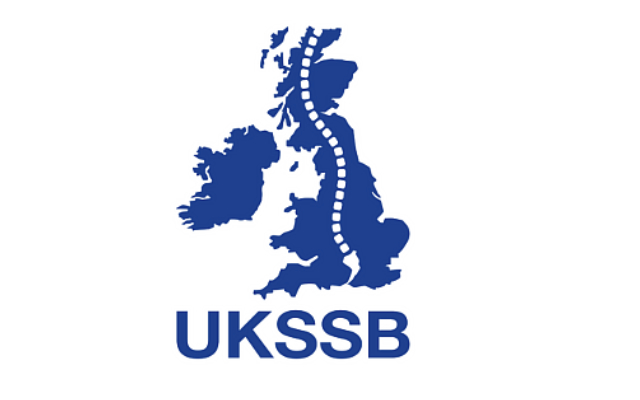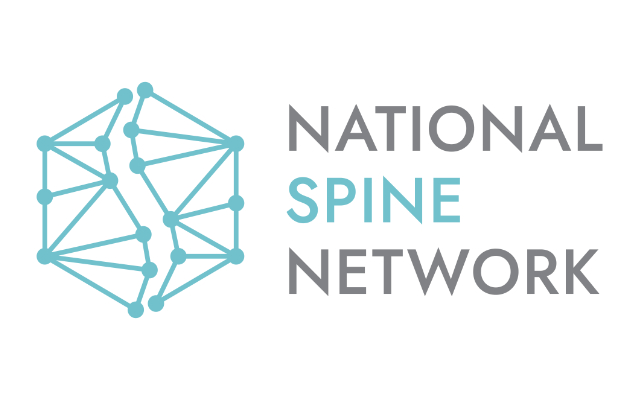Sarah Byrne, Director, Mosaic Events
Developing Robust Event Managers
So how do we deal with knowing what we don’t know? An events management degree will provide good foundations for marketing, business and economics but does it really provide more vocational operational event management skills? The same applies for those coming into the sector in other ways.
Why is training and developing the Event Managers of the future so important? We all want to create better service and standards for our clients but also to improve efficiency, save time, cost and perhaps the most important of all reasons is to reduce stress for those working in the sector.
Having recently conducted some research and polling the audience at my session within the Association Forum at Confex. The resounding outcomes are that today time and budget* are still the top challenges for any events manager, so anything we can do to improve this is a good thing for sure.
Time, for many of us there is not enough of it, quite simply we are expected to constantly become more efficient and do more in less time. Budget, all of us know what it is like to have a client/boss that has great champagne expectations and vision for their event but with a lemonade budget!
So how do we prepare our Event Managers for the challenges and requirements of the role? It certainly starts with recruitment and follows with training and development. Our skills set has to be so wide. An Event Manager needs to be an excellent communicator, have great attention to detail, be organised, be creative, keep calm under pressure, have resilience – so much to ask… we are quite frankly asking for Elvis on a unicorn and for many individuals every skill needed doesn’t come naturally.
Some are nervous of training, but I ask you to consider this, CFO asks CEO ‘What happens if we invest in developing our people and they leave us?’ CEO says, ‘What happens if we don’t and they stay’? Training and development is key to the future and for many just starting out the most important consideration when applying to work for organisations.
I also asked the same audiences what they felt the operational skills training gaps were in the sector. This was much more varied with top answers being on-site management such as crisis management, thinking on your feet, management of space and registration. Coupled with this is managing budgets, often individuals have studied budgets previously at University or in another role but never actually managed them for an event, working with projections versus actuals which can be very different with elements like attrition to consider.
More and more generating income is a training issue, Associations rely on maximising this in order to often sustain themselves. Sponsorship has changed with commercial organisations requiring better return on investment and a more strategic approach. Maximising ticket sales and reaching new audiences is also changing with us having to constantly have more innovative ways of engaging.
Other identified gaps are the terminology used and understanding the many roles within the sector. Managing suppliers, understanding venue contracts, dealing with difficult people, learning new technology.
So much to consider so where do you start? At Mosaic, we have created a training skills checklist which allows us to see everything in one place, streamline processes, and most importantly identify where our biggest risks are.
Looking at every skill both pre-during and post event such as venue finding, and project planning we apply a score between 1 -7 (1 is low, 7 is excellent) we then consider for each skill what we are doing about this either individually or collectively as a team.
For anything that is below 4 this is mapped into performance development plans which work alongside our appraisal and annual reviews. Each month we have an internal training session in which a skill is focussed on. In addition to this from time to time we access external training and support offered through ABPCO.
It is worth mentioning from the research conducted it was clear to see just how important mentors/coaches can be to those starting in the sector and for some larger organisations they have put mentoring schemes in place formally and gained great results.
So, what about if you’re doing really well and score over a 4? Well make sure you’re capturing this and sharing with others. Many organisations create operations manuals, could this be transferred to video? Build up a bank of videos in Zoom that show a way of doing things and can be much more engaging than big chunky document. Other engaging ways could be virtual reality or offering role plays and scenario-based training.
Better training and development for those working in events is coming so if you manage a team or are an individual, I will ask what are you going to do to develop and excel in 2020?
*with recent events the COVID-19 is key challenge.

















